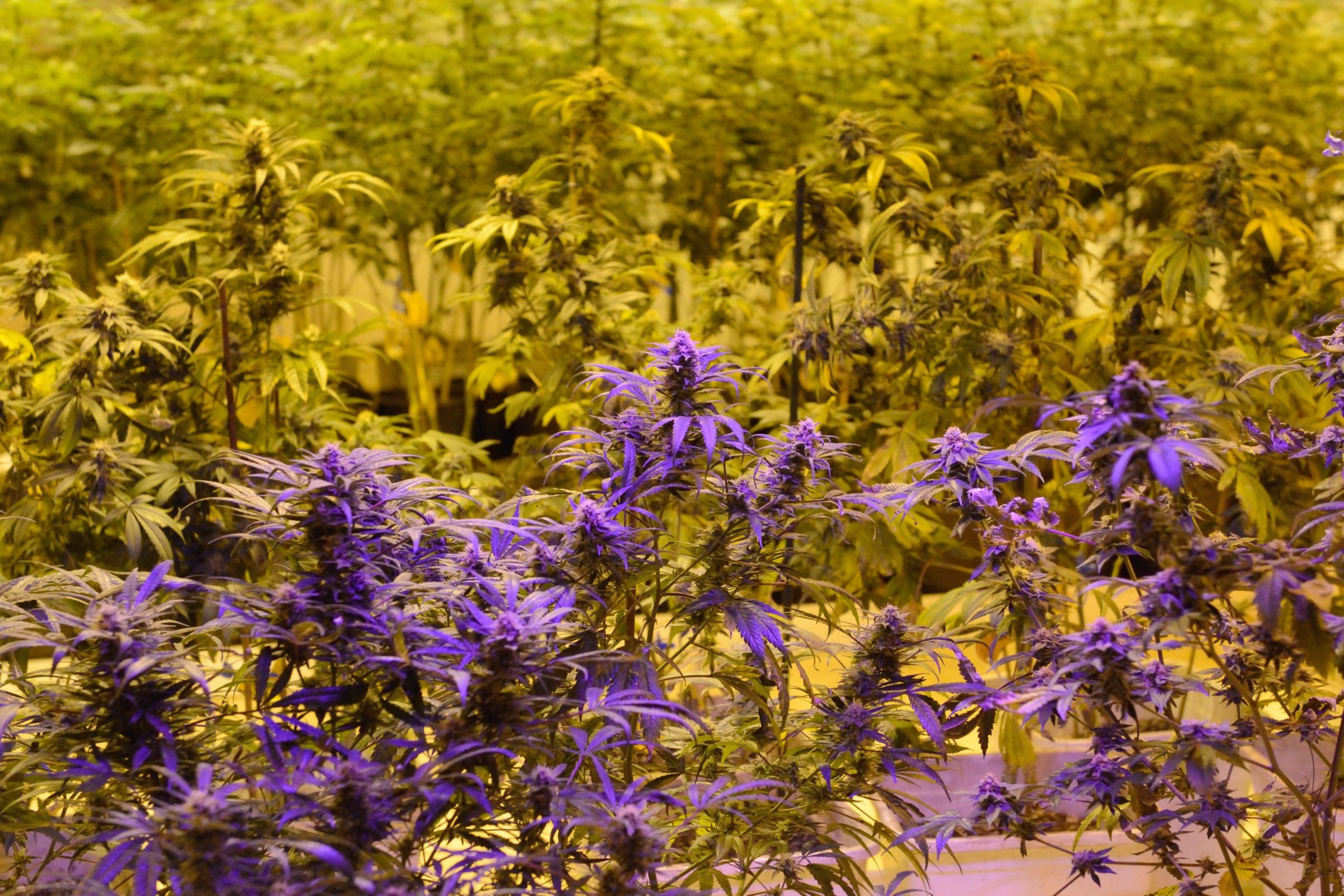
Barack Obama’s recent comments about marijuana haven’t just caused a major controversy about federal drug policy. They illustrate how absolutely terrified politicians are to do the right thing — even when the vast majority of Americans agree with them — and why lasting change almost always comes from the bottom up rather than from the top down.
“I don’t think [pot] is more dangerous than alcohol,” the President told the New Yorker. That’s not just an eminently defensible position from a scientific position; it’s wildly popular from a political perspective, with fully 87% (!) of Americans agreeing with Obama’s viewpoint in a new CNN poll. When it comes to the marijuana legalization that’s already under way in Colorado and Washington, the President ventured, “It’s important for it to go forward.” This position is also safe as milk, with 58% of Americans agreeing that pot should be legalized, according to Gallup.
(MORE: Why It’s Still a Big Deal If Your Teen Smokes Pot)
For Obama, the war on drugs is also about legal and racial fairness. He noted that blacks and other minorities are more likely to face “unduly harsh penalties” than whites for similar drug offenses. Indeed, despite similar usage rates, blacks are almost four times as likely as whites to be arrested for marijuana possession.
Yet Obama sprinted away from his comments even as he uttered them. In the same New Yorker piece, he immediately raised the specter of harder drugs being legalized (“We’ve got a finely calibrated dose of meth, it isn’t going to kill you or rot your teeth, are we O.K. with that?”) and insisted that “those who argue that legalizing marijuana is a panacea and it solves all these social problems I think are probably overstating the case.” His spokesman Jay Carney quickly “clarified” the President’s statements, saying, “He’s not endorsing any specific move by a state” and “his position on these matters has not changed.”
Let’s be clear about that position: “Legalization is not in the President’s vocabulary,” says Obama’s long-serving drug czar, Gil Kerlikowske. Marijuana remains a Schedule I drug, meaning that under federal law, it is deemed to have a “high potential for abuse” and “no currently acceptable medical use” (this, despite almost two dozen states allowing medical marijuana). The Obama Administration has raided more medical marijuana dispensaries in states where they are legal than the Bush Administration did.
(MORE: Pet Marijuana Poisoning Not an Alarming Trend)
What does it say about our elected representatives when even a President who grants that marijuana is no “more dangerous than alcohol,” jokes about his past drug use and faces no more elections in his lifetime is terrified to go along with a massive and still growing majority of Americans?
That we can’t look to them for anything resembling leadership. The campaign to legalize marijuana — and thus expand personal freedom while minimizing the massive harms that attend to prohibition regardless of the substance being banned — is decades old and has always had to fight first and foremost against Establishment politicians and media outlets. Colorado’s liberal Democratic Governor John Hickenlooper staunchly opposed legalization, which ultimately passed by a 55% to 44% margin. In 2010, when California put legalization on the ballot (it failed), virtually every daily newspaper editorialized against such a move.
Successful efforts in Colorado and Washington — which will be replicated elsewhere, and soon — pulled together ad hoc political coalitions that included wild-eyed hippies, button-down conservatives, business-minded libertarians, minority church leaders and others that might not agree on much else but the single issue under discussion. In this, they followed the example of retired Representatives Ron Paul of Texas and Barney Frank of Massachusetts, a hardcore libertarian and a hardcore progressive who nonetheless co-sponsored legislation to repeal federal penalties against marijuana use, production and distribution.
Similar temporary, odd-bedfellows arrangements have helped avert military action against Syria last summer, register opposition to mass surveillance by the National Security Agency, call for auditing the Federal Reserve and preserve all manner of Internet freedom from government regulation. The school choice movement is a perfect example of this dynamic as well.
In an America where a record 60% agree that “the government has too much power” and political independents grow in number, this sort of “permanent nongoverning minority” that comes together over a single issue and demands change represents the future of American politics at all levels. Citizens, it turns out, are more than ready to step in and demand change when our leaders are too feckless to lead.
More Must-Reads from TIME
- Donald Trump Is TIME's 2024 Person of the Year
- Why We Chose Trump as Person of the Year
- Is Intermittent Fasting Good or Bad for You?
- The 100 Must-Read Books of 2024
- The 20 Best Christmas TV Episodes
- Column: If Optimism Feels Ridiculous Now, Try Hope
- The Future of Climate Action Is Trade Policy
- Merle Bombardieri Is Helping People Make the Baby Decision
Contact us at letters@time.com